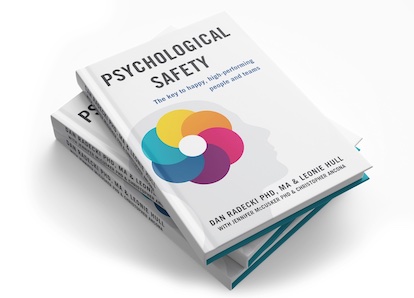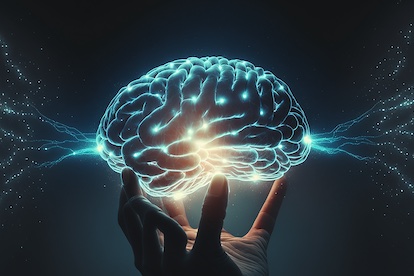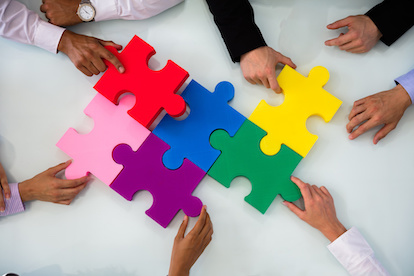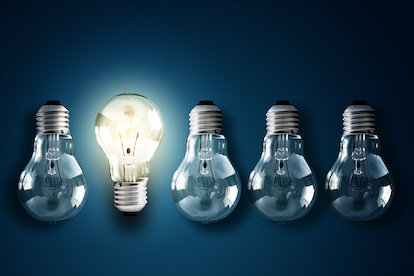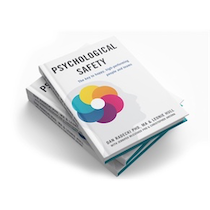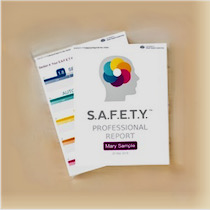The impact of the pandemic and subsequent great resignation, compounded by the pressure of constant availability via cell phones and social media, has contributed to an enhanced level of stress within the workplace and society as a whole. Based on this, it’s no longer effective to simply try to limit or minimize the amount of stress we encounter. A proactive approach is needed whereby individuals learn how to create a strong, resilient, psychologically-safe brain which can manage the stress we inevitably will encounter throughout the day.
Join us for a discussion on the impact of chronic or uncontrolled stress on the brain and our subsequent psychological safety. We’ll start with an overview of the beneficial nature of stress, as a process that can facilitate learning and performance at small doses, and then turn to the negative consequences that ensue if the stress becomes too much. We will then focus on the changes which occur in the brain as a response to this unchecked stress, specifically digging into the research around implications for individual and team performance in the areas of creativity, collaboration, emotional regulation and cognitive ability. Subsequently, we will then discuss the importance of psychological safety and brain “resilience” and demonstrate different ways in which to mitigate the negative impact of stress on overall behavior and performance, based on neuroscience research. The final discussion will be around a practical model to help embed these learnings related to managing stress in the brain.
Presenters

Dr Dan Radecki
Co-founder & Chief Scientific Officer, ABL

